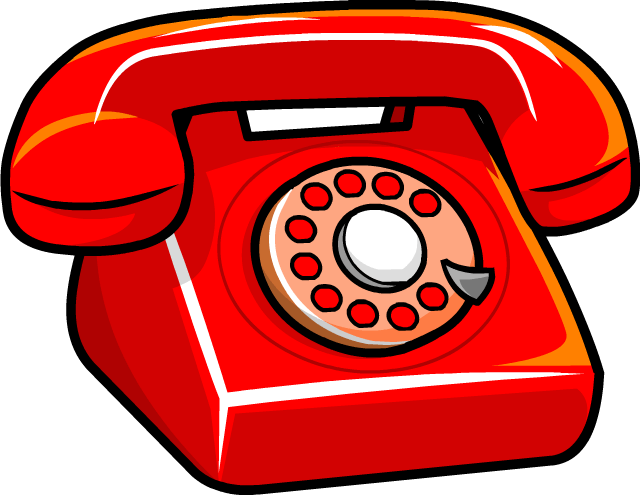
A dishwasher is like an extra set of hands that makes your work easier, and your day a whole lot better.
If you have had your appliance for a long time, you must have noticed its efficiency dwindling, and you must be asking, how do I get my dishwasher to clean better?
Well, you are on the lucky side as dishwasher repair professionals report there are plenty of ways you can do it. Here are some of these ways:
As much as you don’t want to touch the dishes when they get dirty, you should note that the efficiency of the appliance is significantly compromised when you deposit too much food residues into the system.
For your appliance to clean the dishes better, scrape off all the extra food from the plates before you put them in the dishwasher.
Some people go to the extent of pre-rinsing the dishes, but you shouldn’t. When you pre-rinse the dishes you not only give yourself extra work, you also reduce the efficiency of the appliance as the detergents don’t have enough space to adhere to in order to clean the dishes effectively.
Use hot water
Just like when cleaning the dishes by hand, hot water cleans the best, so ensure the water getting into the dishwasher is hot enough. Before you start running the appliance, check the temperature of the water at the kitchen faucet using a meat or candy thermometer.
For effective cleaning, the temperature should be 120 degrees. Adjust the setting accordingly.
Keep the dishwasher clean.
You should keep the dishwasher clean all the time. Regular cleaning eliminates stuck-on-food particles, mineral buildup, and residual detergents. To clean the dishwasher, run it on a normal cycle using two cups of white vinegar.
You should then wipe down the interior wall and racks with a solution of baking soda and vinegar. Once you are done, rinse thoroughly.
Soften the water
Do you live in areas with hard water? You should note that hard water tends to leave ugly residues on the glasses and plates. No amount of cleaning will leave the dishes sparkling unless you soften the water.
To soften the water, buy and install a water softener, and you will prevent stains and minerals from building up.
Load the dishes appropriately.
Sometimes the dishes will fail to clean properly if they aren’t correctly loaded in the dishwasher. For optimum results, follow the manufacturer recommendations for loading the appliance. As a rule of thumb, never overload the appliance as you will block the spray arm and prevent the water from reaching all the surfaces.
Use the right amount of soap.
Soap is necessary for clean dishes, but when you use too much of it, you end up with dirty dishes. For the cleanest clean, always pour the detergent into the built-in measuring cup inside the dishwasher. This way, you ensure that you are always using the appropriate amount.
Always ensure that you use the right soap for the work. As a rule of thumb never use dish soap designed for hand washing in the dishwasher.
Use the right cycle
Dishwashers come with different cycles aimed at different dishes. The regular cycle is for normal cleaning, the heavy-duty cycle for deep cleaning, and the light cycle for fragile items.
For effective cleaning, be aware of the items you are cleaning and ensure you are using the right cycle.
Inspect the dishwasher for clogs
It’s normal for clogs to develop in the spray arm and the drain, and as you might have guessed, they prevent the dishwasher from functioning optimally. Now and again, check the holes in the spray arm and ensure they aren’t clogged with food residues or hard water minerals.
To dislodge the particles, use a toothpick or needle. While you are at it, check the trap and drain to ensure that food scraps or other objects aren’t blocking the area.
You can do the work if you have the skills but for ideal results, let an appliance repair Northern VA handle it for you. When hiring the contractor, ensure they are experienced and certified to work in your local area. In addition to unclogging the appliance, they also should inspect other areas and fix them if problematic.




